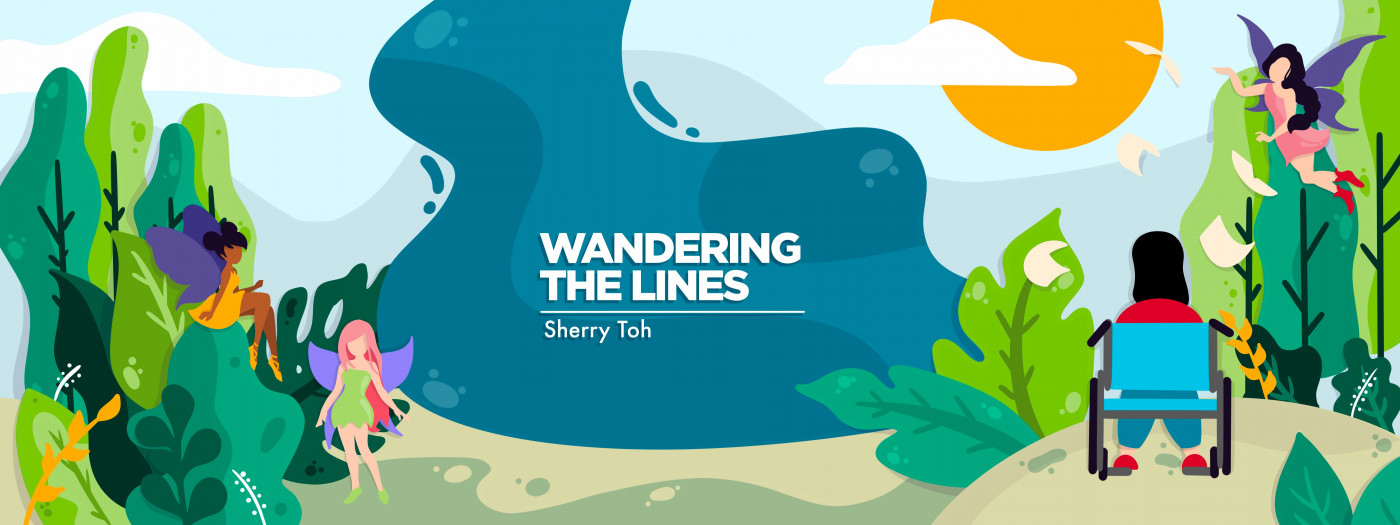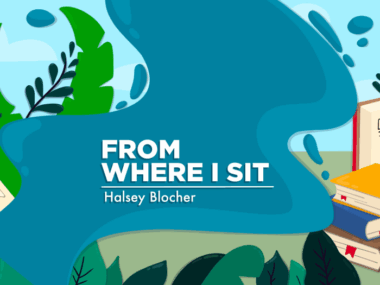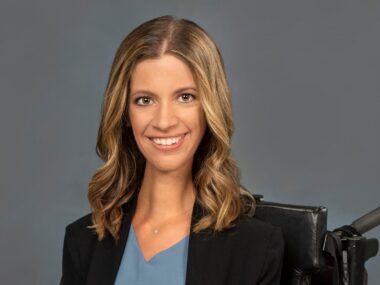Houston, We Have a(n Intersectionality) Problem
Written by |

If Broadway’s Lin-Manuel Miranda wrote a musical based on my column, the word “value” would be a leitmotif with its own melody. Anyone who reads my column regularly will know I talk about the value of disabled folks often, that it’s what every one of my arguments boils down to: our value in relationships, our economic value, our value as human beings.
As a queer, nonwhite, non-American disabled person who enjoys my femininity, I feel keenly aware of my intersecting identities and how they affect my advocacy.
There’s no getting around that American media and organizations have the most international reach online. Twitter is one example; a majority of its user base is composed of U.S. citizens. It’s not a bad thing. In fact, much progress toward the inclusion and integration of the marginalized in international societies happens thanks to the U.S. There’s a reason women’s rights activists across the globe have been calling for the U.S. to join the United Nations’ Convention on the Elimination of All Forms of Discrimination Against Women.
But the centering of American voices in traditional and online media and activism poses a problem: Prominent figures in American media and advocacy tend to be white, straight, and/or have disabilities that don’t break society’s beauty conventions too much. The effect it has on communities who don’t fit those standards can be harmful, as members can feel ignored and unvalued in our own communities.
In my Valentine’s Day column, I noted that I felt insecure and envious toward YouTuber Shane Burcaw because his identities and his relationship with his wife, Hannah, fit societal standards I don’t. They aren’t to blame for how I felt, and they’ve done good work in normalizing interabled relationships, a type of relationship that’s still generally frowned upon.
But my insecurities didn’t come from nowhere. They came from never seeing people like me in interabled relationships within the international SMA community, as well as the SMA community at home in Singapore.
I must stress that this column entry isn’t an indictment of people who do fit those standards. It’s instead a call for all media and activist movements — yes, all — to broaden the scope of their representation and to reach out to people of diverse identities and countries.
I think of all the help SMA patients here could have in fighting for access to disease-modifying therapies (DMTs), if only large organizations in the U.S. would work with us, and it saddens me that we don’t have it yet. The same goes for local disability organizations in Singapore not working with the LGBTQ+ community. Inclusion isn’t inclusion until it’s intersectional.
My nationality, ethnicity, gender identity, and sexuality may be rare within rare disease communities, but surely there must be others like me? Or others who aren’t, but feel just as lonely and like they were cast aside?
Everyone matters, every bit helps
If, as an individual, you’re thinking the issue of intersectional representation is too big for you to do anything about — it’s not.
My best friend and fellow columnist Brianna Albers is a white American woman. She often offers to do whatever she can within her capabilities and laments she can’t do more. I tell her she’s done more than most by listening to me vent and boosting the columns I wrote on the barriers to acquiring DMTs for SMA in Singapore. She was also the one who suggested we collaborate on our columns leading up to Rare Disease Day, to show why we need intersectionality in SMA communities and what allyship looks like.
Help doesn’t always have to come in grand gestures. Sometimes it’s boosting a column or examining your internalized biases. Other times, it’s taking a chance on people who aren’t normally represented in your workplace, the way SMA News Today’s team took a chance on me, or volunteering your time to causes and initiatives.
These are only a few ways we can integrate the more marginalized into our communities, by showing them they matter to us and that their inclusion is vital to a prosperous society. If you look for them, I guarantee you’ll find more ways you can help as an individual.
Every voice is needed. Even yours.
Note: SMA News Today is strictly a news and information website about the disease. It does not provide medical advice, diagnosis, or treatment. This content is not intended to be a substitute for professional medical advice, diagnosis, or treatment. Always seek the advice of your physician or other qualified health provider with any questions you may have regarding a medical condition. Never disregard professional medical advice or delay in seeking it because of something you have read on this website. The opinions expressed in this column are not those of SMA News Today or its parent company, Bionews, and are intended to spark discussion about issues pertaining to spinal muscular atrophy.




Leave a comment
Fill in the required fields to post. Your email address will not be published.